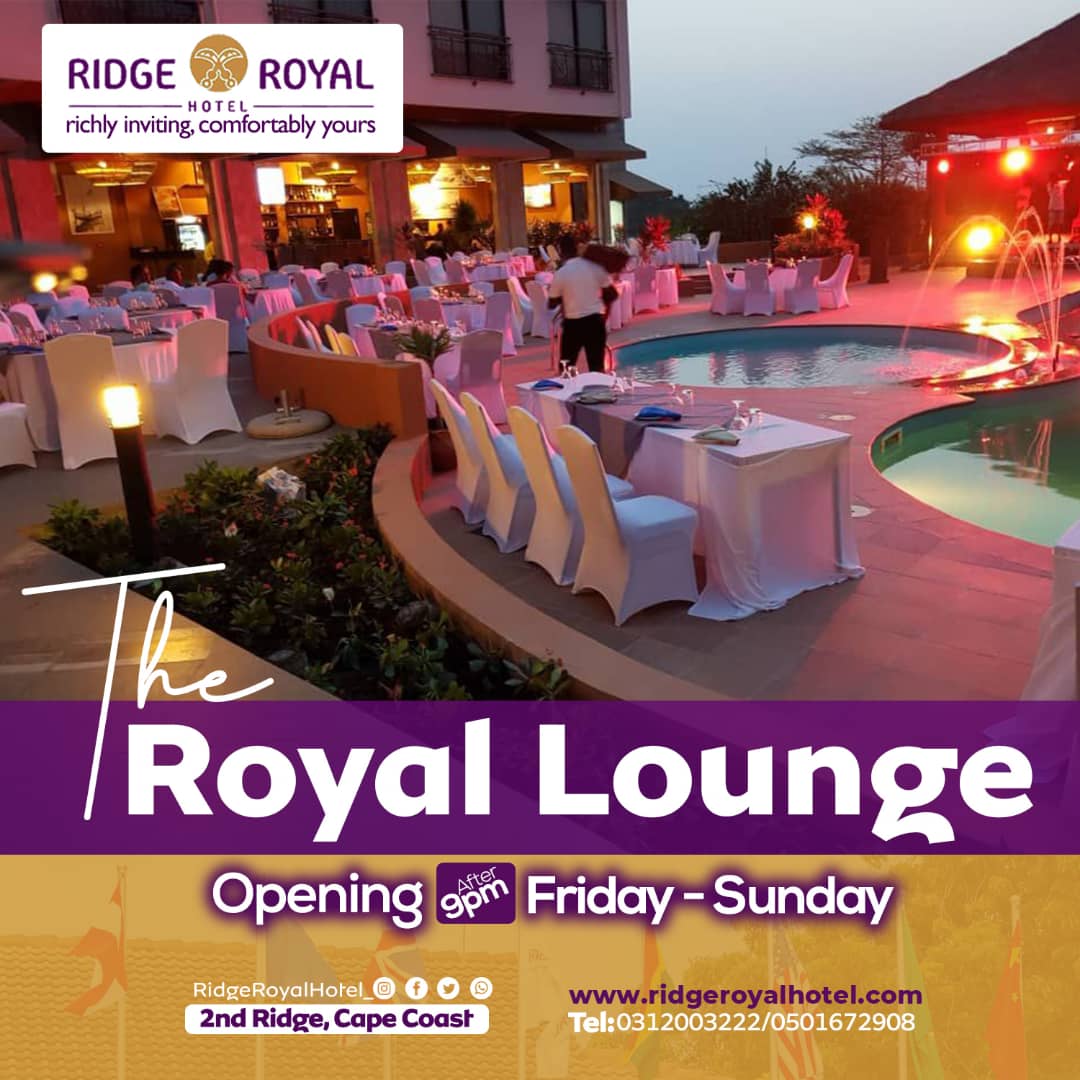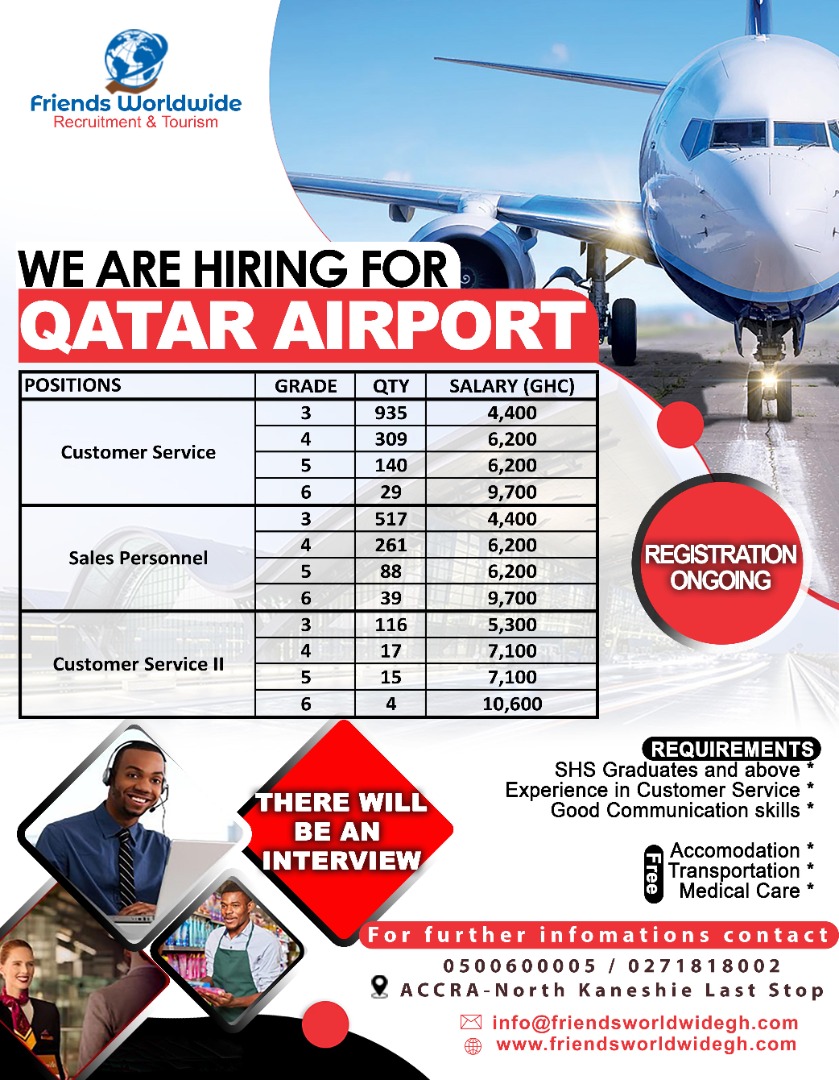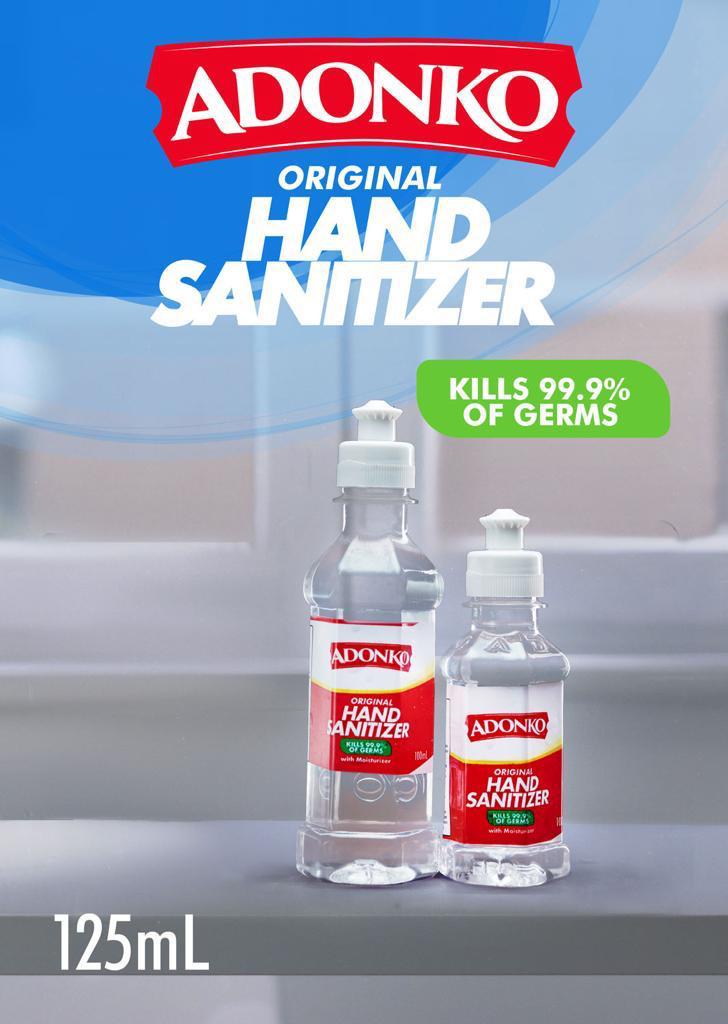|
Getting your Trinity Audio player ready...
|
Founder and President of Groupe Nduom, a multinational conglomerate Dr. Papa Kwesi Nduom, has appealed to leaders of the country to allow Ghanaians to own the economy.
According to him, it was unfortunate that leaders in “our part of the world tend to dislike and sometimes hate successful businessmen and women they think they cannot control.”
The renowned entrepreneur and businessman argued since leaders do not understand that a country’s citizens should control the key financial sectors of the economy such as banking, investment, insurance, and pension, it was doomed to suffer poverty.
“When a country loses control over the key financial sectors, other countries and foreign entities take control, and independence is lost,” he said.
The business mogul made this observation at a public lecture via zoom on Friday, September 30, 2022, in Elmina in the Central Region.
Speaking on the theme; “The Independence of Ghanaians” Dr. Nduom touched on work and happiness, probity, accountability and transparency, zero tolerance for corruption and Ghana Beyond Aid.
He recounted how a former Ghanaian military ruler, the late General Ignatius Kutu Acheampong championed the Ghanaian ownership of what he called “the commanding heights” of the economy, he was onto something.
According to Dr Nduom it delivered concrete actions that were still today giving benefits to the state and its people.
“Operation Feed Yourself was and remains a popular policy from the Acheampong era. I know that there are some people who make the claim that the policy did not come from the late General himself but what does it matter? We will achieve a lot as a nation if we do not care who takes credit for the good things we do”, he opined.
The business magnate further noted that for Ghana to gain control of the economy, the current or future administration must muster the courage to implement (not debate or discuss – we are beyond talking) the following:
1. Take firm steps to ensure indigenous Ghanaian control (ownership) of the financial sector – banking, insurance, investment, pension and others at all levels. This is a must. No country has prospered in this world by relying on foreign-owned financial institutions or the World Bank or the IMF. None. Gaining control of the commanding heights of the economy starts from here. That is why Kwame Nkrumah to his credit made sure Ghana Commercial Bank, Agricultural Development Bank and other state-owned institutions were promoted and encouraged to support the indigenous enterprises.
2. All infrastructure contracts signed by the state must have a minimum 25% of value go to an indigenous Ghanaian and his/her enterprise.
3. All Cocoa roads and projects funded by COCOBOD must be given to indigenous Ghanaians and their companies.
4. Ban completely, the importation of chocolate, soft drinks, fruit juices, fruits, poultry and meats.
5. Ban the importation of rice and sugar.
6. Immediately ban the serving of any imported food or drink at all state functions.
7. School feeding programmes must only use locally produced food and drinks.
8. All professional services agreements – architectural, technology, financial etc., must have at least 25% indigenous Ghanaian participation.
9. All new and renewed concessions for gold, bauxite, oil and gas, diamond, timber must have a minimum of 25% indigenous Ghana ownership.
10. The digitalization agenda must be placed firmly, 100% in the hands of indigenous Ghanaians and their companies.
11. Give full rights and recognition to Ghanaians who by necessity have become citizens of other countries – to vote, be employed by the state and compete for elective offices. It beats my imagination why we promote drafting football players born in other countries to Ghanaians but do not encourage professionals in other fields who have acquired citizenship in other countries to come and participate fully in the private and public sectors. Ghana loses a lot by shutting these experienced and knowledgeable people out of high-level public-sector positions. I should know. I was one of them.








